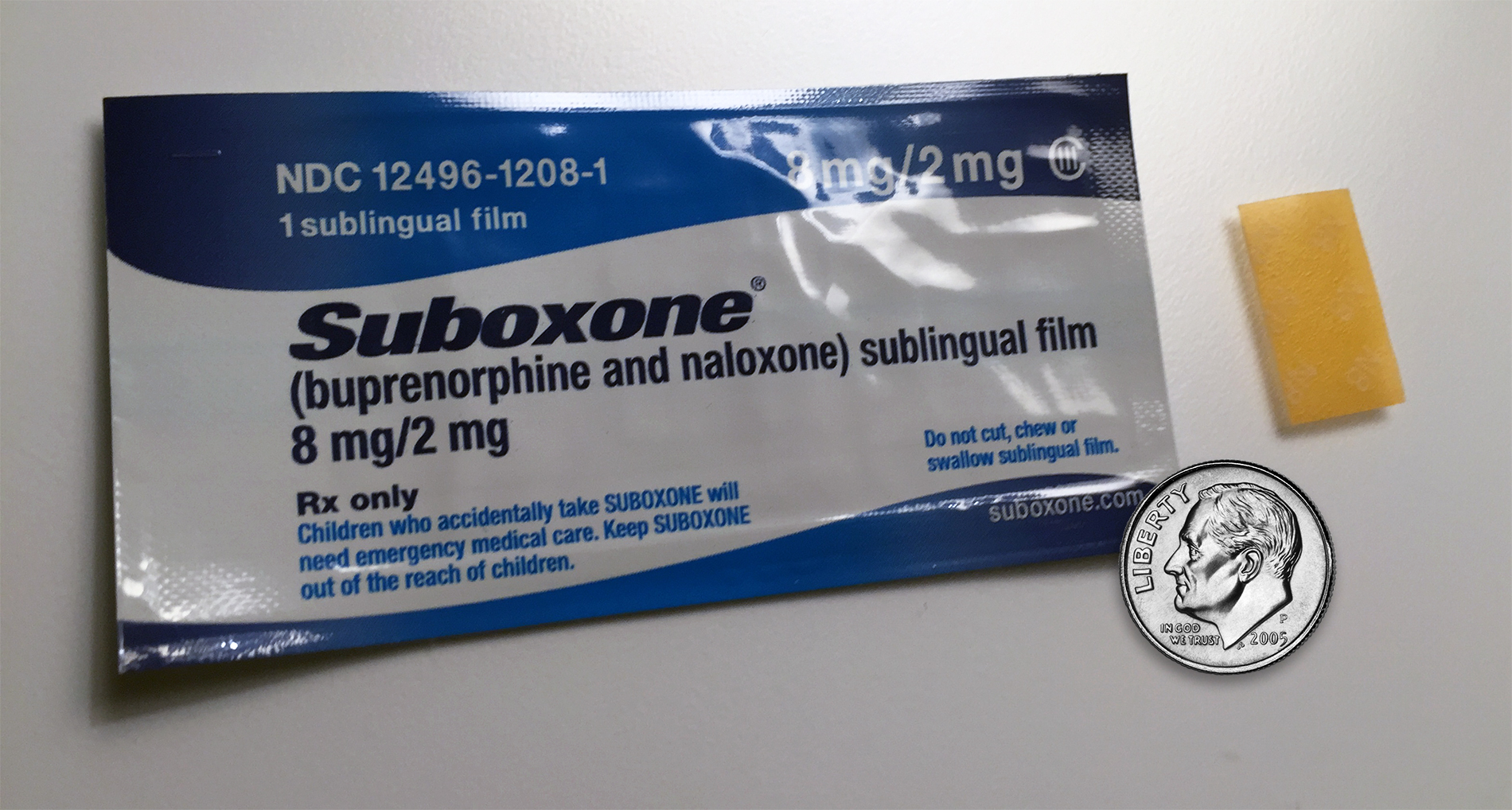The Dangers of Long-Term Suboxone Use

What is Suboxone?
Suboxone is a drug containing a combination of buprenorphine and naloxone. Buprenorphine is an agonist (partial), that helps mitigate symptoms related to opiate withdrawal during detox. Buprenorphine side effects can include effects similar to opiates like euphoria or respiratory depression, but they are much milder than methadone or heroin. Suboxone works to block withdrawal symptoms, while also delivering effects of mild euphoria. Naloxone is a drug that is generally used to aid in the recovery of opiate overdoses.
Suboxone is administered sublingually (i.e., under the tongue) and dissolved. This allows the effect of naloxone to be reduced. Suboxone is prescribed for the short-term treatment of opiate dependence and addiction. Suboxone is typically prescribed during the initial phase of detoxification (i.e., detox). The use of Suboxone may take place after the initial stage of detox, but usually only for a short time. The length of treatment using suboxone should be determined by medical professionals on a case-by-case basis. Typically, medical professionals will review the progression through detox treatment and other unique issues that may present for individual patients regarding their diagnosis and treatment.

Why Should Suboxone Not Be Taken Long-term?
The overall goal for the treatment of opiate addiction and opiate dependence is to eventually have patients free from drugs, not replace one drug with another. Ultimately, individuals who take suboxone should strive to overcome addiction and dependence to all substances they may abuse, including suboxone. There are several critical issues with using suboxone long-term that may lead to negative health effects. Negative effects of the long-term use of Suboxone include:
-
- Overdose – overdose may occur and result in severe respiratory depression, unconsciousness, and possibly death. The risk of overdose is increased for individuals who drink alcohol, take tranquilizers, take sedatives, or inject their suboxone medication. Individuals who may experience suboxone addiction will administer the drug through injection, which allows naloxone to enter the bloodstream and block the effects of buprenorphine, which causes the user to experience opiate withdrawal.
- Hepatitis – the development of hepatitis has occurred in some long-term users of suboxone. Hepatitis is caused by inflammation of the liver and includes severe side effects such as nausea, dark urine, jaundice, lack of appetite, and light colored stoo
- Allergic Reaction – allergic reactions to suboxone have been reported that include angioneurotic edema, anaphylactic shock, and bronchospasm. Other symptoms that may occur during an allergic reaction to suboxone include severe hives, itching, or rashes.
- Serotonin Syndrome – serotonin syndrome may occur during the use of suboxone and other serotonergic medications. Symptoms of serotonin syndrome include dilated pupils, diarrhea, increased body temperature, increased reflexes, agitation, tremor, and sweating.
- Adrenal Insufficiency – adrenal insufficiency can occur when the adrenal glands are not able to produce a sufficient amount of the hormone cortisol. Symptoms of adrenal insufficiency can include dizziness, nausea, skin darkening, and fatigue.
- Anaphylaxis – anaphylaxis can occur when an individual develops an allergic reaction to suboxone. Symptoms of anaphylaxis include nausea, difficulty breathing, skin rash, shock, and vomiting. Anaphylaxis must be treated immediately as it can result in unconsciousness or even death.
- Androgen Insufficiency – this primarily affects males and can lead to a decrease in sexual desire, muscle mass, bone density, psychological well-being, strength, mood, adipose tissue distribution, and energy

Suboxone Side Effects
There are several effects that have been shown to occur after long-term suboxone treatment is discontinued. These effects on the brain due to long-term suboxone use include:
- Depression
- Anxiety
- Lack of coordination
- Confusion
- Disorientation
- Suicidal ideation
- Feeling disoriented
Further, there is evidence that patients who use suboxone long-term have decreased self-awareness regarding being happy, anxious, or sad when compared to the typical population. Other evidence suggests that long-term suboxone use should be only be done with caution, as it causes significant changes to emotion and mood.
Tapering Off Suboxone
It is important to note that tapering off suboxone should only occur under the supervision of a medical professional as a part of a comprehensive treatment plan. The medical professional in charge of the treatment plan will make a decision regarding the right time to lower the dosage of suboxone in order to minimize withdrawal. This method of tapering under medical guidance is crucial, as it helps minimize the possibility of Suboxone addiction and dependence. During this time, the patient should report any concerns they may have regarding opiate relapse to their doctor and medical treatment team.
During the tapering phase, it is important for the patient to continue to receive counseling, attend support groups, and maintain a schedule. Support groups will allow for the patient to continue learning techniques that prevent their relapse on opiates. Counseling will also help the patient build a foundation for living a life free of opiates. Kicking an addiction is difficult, but with professional help, recovery is possible.
Novo Detox Is Ready To Help You Detox From Suboxone Abuse
Novo Detox is a detox facility of high standing in Los Angeles. Our commitment to providing you with the best care is evident from the accreditations we have from top institutions, including the California Department of Health Care Services. We have ten specialists among our staff. The experts have more than 40 years of experience helping addicts.
We help patients with various addictions, including Suboxone and opioid dependence. Our specialists tailor our treatment programs and strategies to suit your needs. We will help you through Suboxone detox, rehab, and aftercare.




